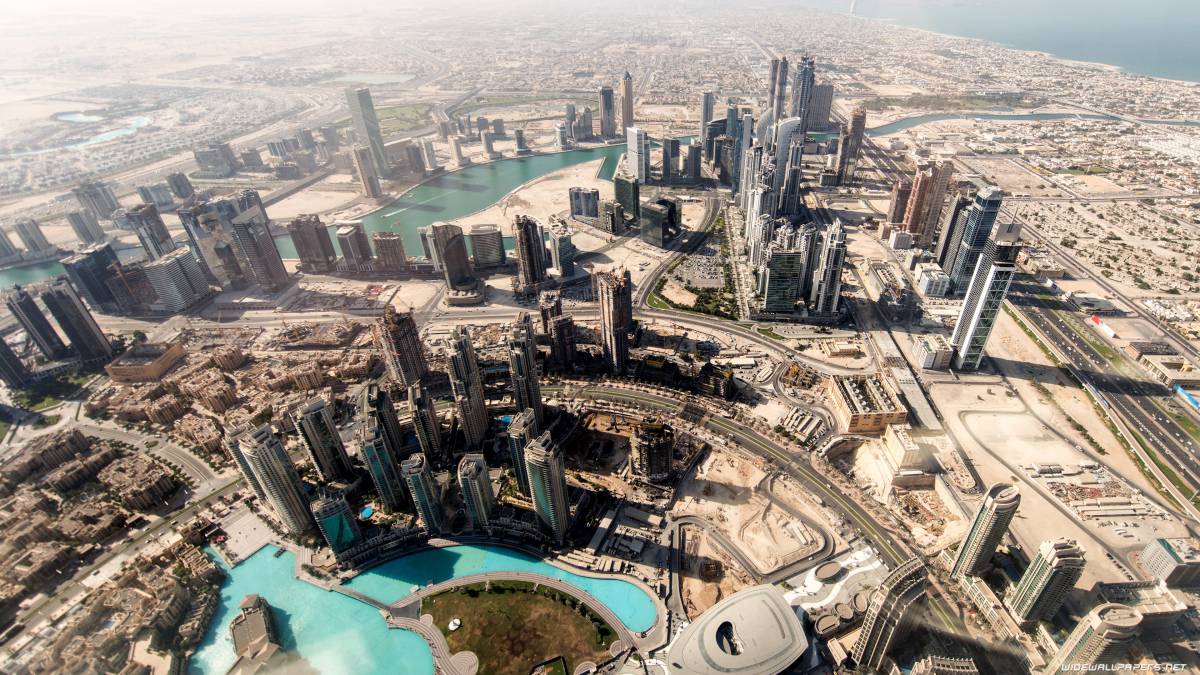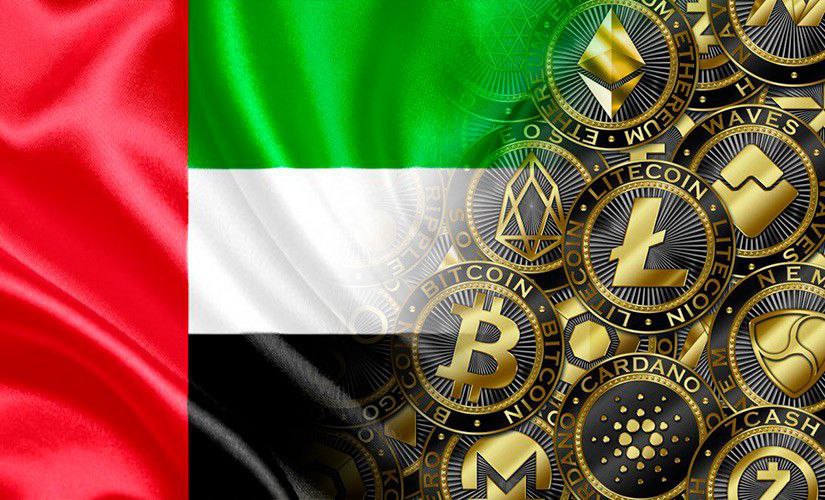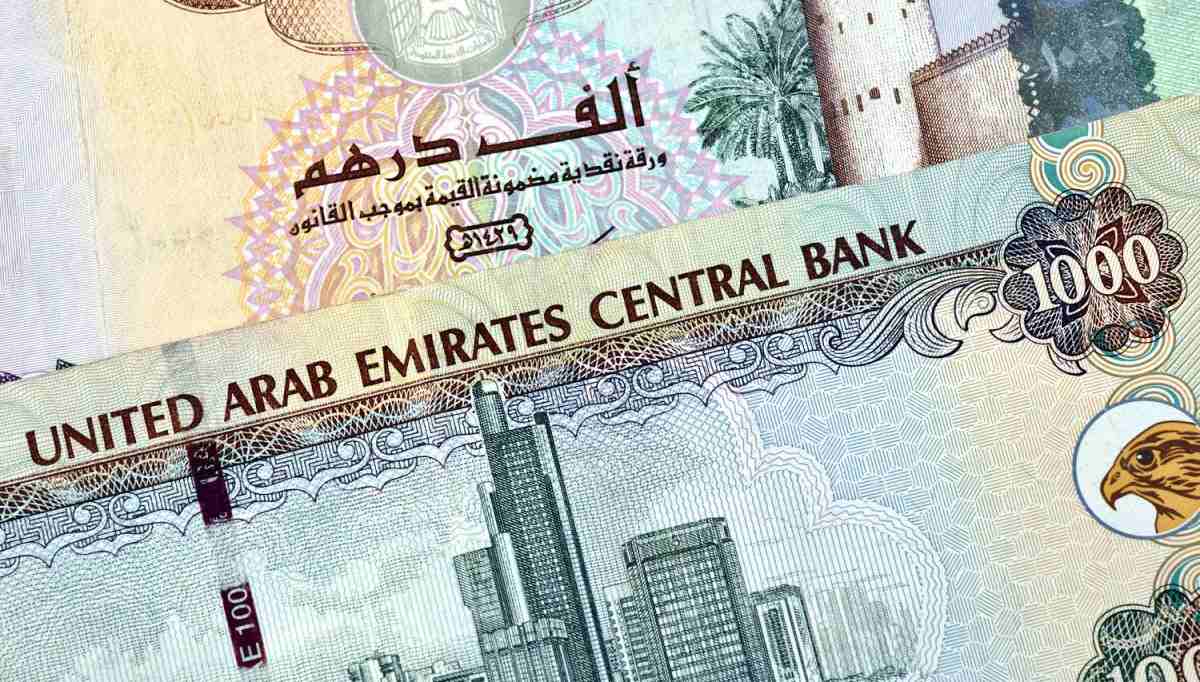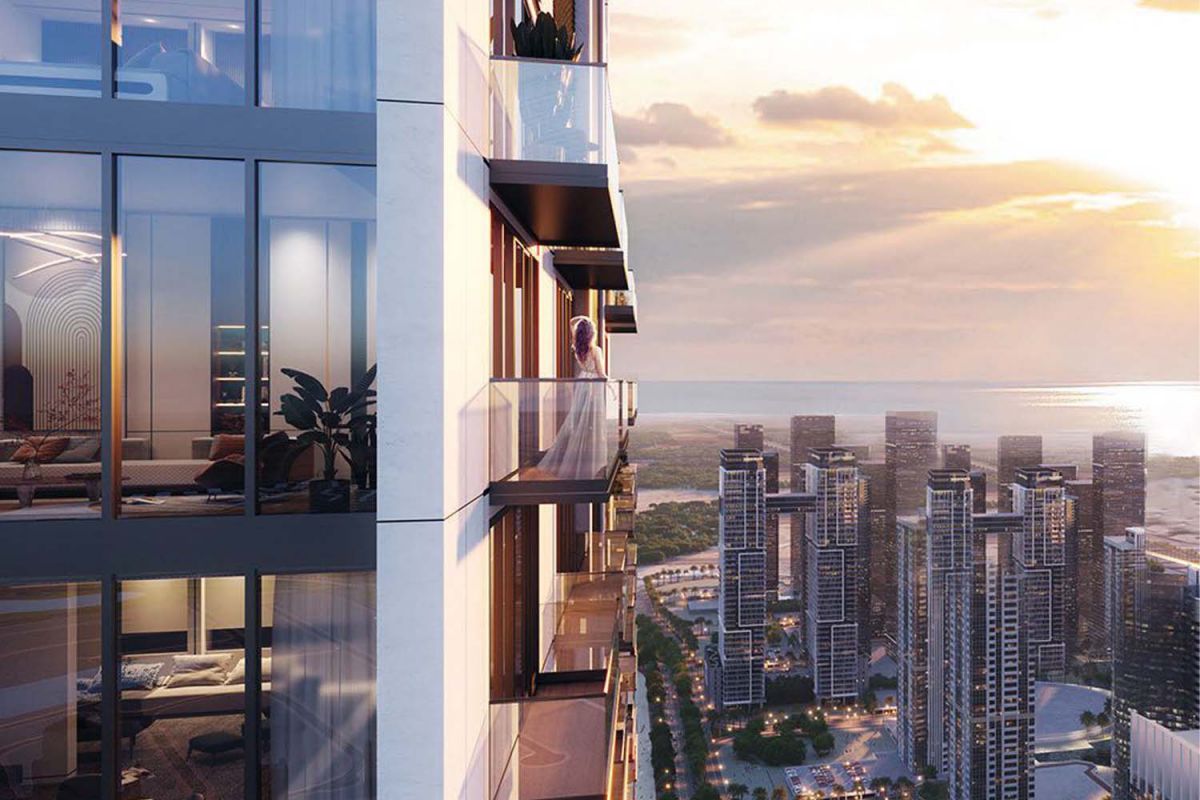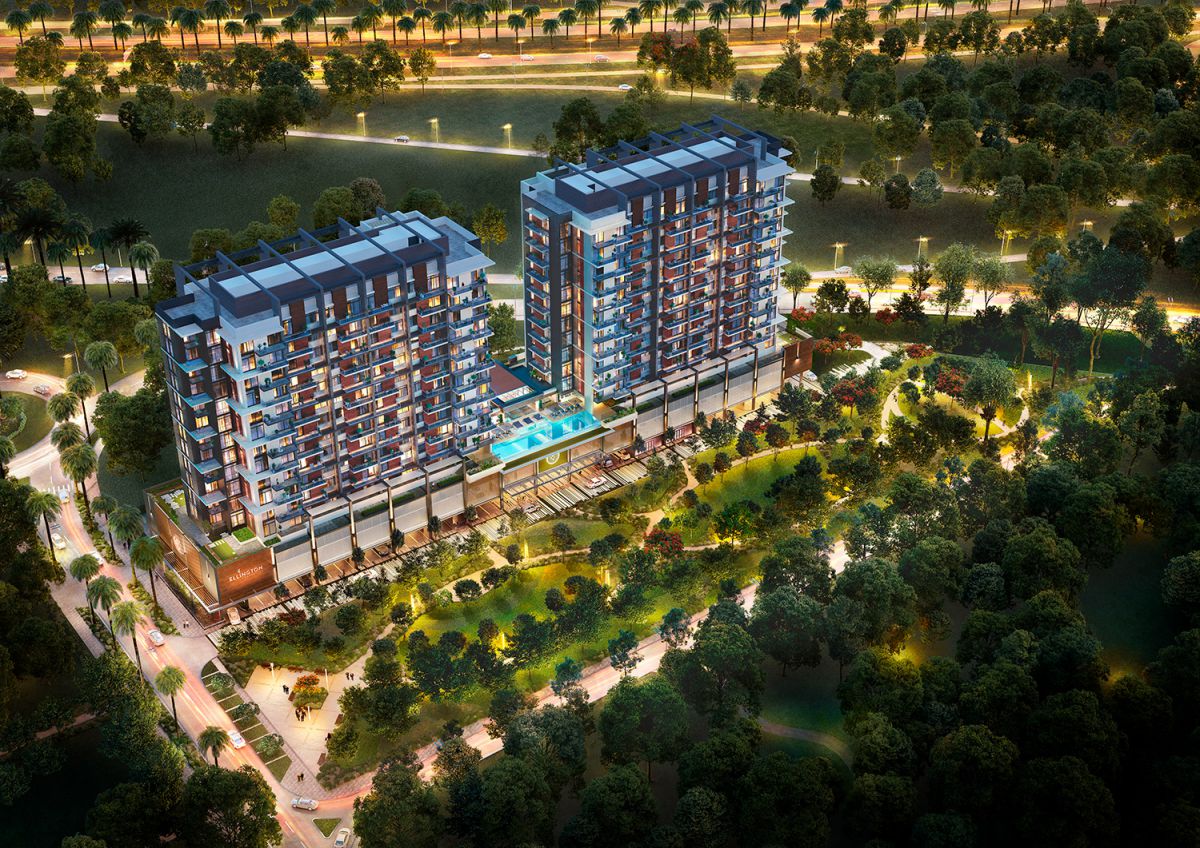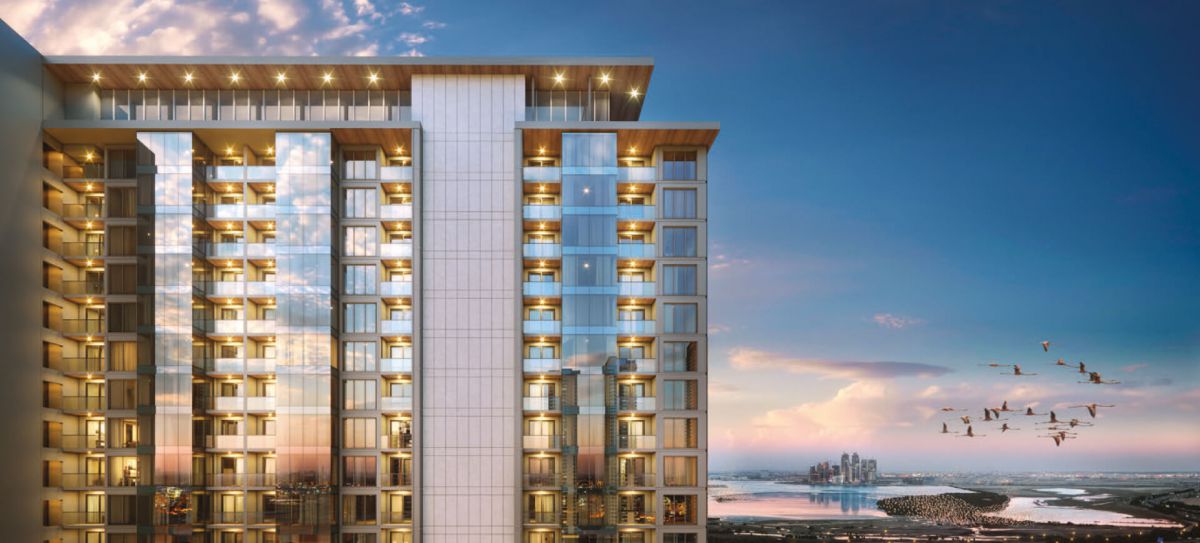Features of the Real Estate Market in Dubai: Investor's Dictionary

Dubai, one of the most dynamically developing cities in the world, not only serves as an icon of modern architecture but also offers unique opportunities for real estate investments. However, before diving into this exciting world, it is essential to familiarize yourself with the peculiarities of the real estate market in Dubai. This investor's dictionary will help you understand the key terms and aspects of this market.
Freehold Property (Ownership)
This term means that foreign citizens and companies have the right to own property in specific areas of Dubai. The decision to introduce perpetual ownership rights was a significant step in attracting foreign investors, making Dubai one of the most popular places for real estate investments today.
Off-Plan Property (Properties Under Construction)
Investing in off-plan properties can provide investors with attractive prices and a high potential for property value appreciation. It also allows investors more flexibility in financial planning and considering specific options for customizing the property to their needs.
RERA (Real Estate Regulatory Agency)
RERA is the key regulatory authority overseeing the real estate market in Dubai. It sets standards for development, sales, and property management. Investors must ensure that the project or property they are investing in is registered with RERA and complies with all rules and regulations.
ROI (Return on Investment)
Calculating ROI is crucial before any real estate investment. It indicates the expected return on investment and allows investors to compare different opportunities. In Dubai, due to high stability and demand for real estate, ROI can be attractive.
Completion Date
It is important to know the completion date of a property, as it can affect your plans and financial expectations. Projects may have different completion timelines, and this is essential to consider in your investment planning.
No Objection Certificate (NOC)
If you plan to lease your property, you will need an NOC from the Real Estate Regulatory Agency (RERA). Make sure you understand the procedure and requirements for obtaining this document.
Property Management Company
Property management companies help investors manage and maintain their properties. They can facilitate leasing, regular maintenance, and repairs. This is especially useful for investors located outside Dubai.
Capital Appreciation
This term describes the increase in property value over time. In Dubai, where real estate is typically appreciating, capital appreciation can be significant and contribute to your wealth accumulation.
Mortgage
Mortgages are available in Dubai for both residents and non-residents. It is a financial instrument that allows investors to purchase property by paying off a loan over a specified period.
DLD (Dubai Land Department)
DLD is the authority in Dubai responsible for property ownership registration and ensuring compliance with rules and regulations in this area.
Service Charges
These fees are meant for the maintenance and upkeep of common areas and amenities in residential complexes and business centers. Investors should account for them in their property ownership calculations.
Escrow Account
This is a temporary account where investors deposit funds when buying property. Funds are held in this account until the transaction is completed, ensuring security for both parties.
Title Deed
This document confirms your property ownership rights. Investors should always verify its authenticity and currency.
Resale Value
When choosing property, it is important to consider its potential resale value. This will help you assess the profit that can be gained from future sales.
Ejari
Ejari is a system for registering rental agreements in Dubai. Tenants and property owners must register their contracts with Ejari.
Vacant Possession
This condition indicates that the property will be handed over to you without any tenants or occupants. This is important when purchasing property for personal use.
Master Developer
In Dubai, many areas are developed by groups of companies known as master developers. They oversee the entire district, including infrastructure, and can influence property prices and overall development.
Investment Tips
Before investing, conduct market research, consult with experts and analysts, study market trends, and assess risks. Well-planned investments typically yield better results.
Infrastructure and Location
The location of the property affects its price and yield. Proximity to key facilities such as shopping centers, business districts, and public transportation can increase the property's attractiveness to tenants and buyers.
Long-Term Perspective
Real estate investments in Dubai often yield results in the long term. Plan your investments with long-term goals and potential market changes in mind.
Investing in Dubai's real estate requires careful study and approach. However, with the right strategy and compliance with all laws and regulations, it can be a successful and profitable experience for investors. Safeguarding ownership and investing in real estate in Dubai can be challenging but rewarding. Understanding these terms and their roles in the market will help you make more informed decisions and successfully manage your investments.
Keywords: Features, real estate market, Dubai, investor, investments, property, housing, rental, sale, market dynamics, housing prices, market value, real estate assets, location, economic growth, infrastructure, urban planning, infrastructure projects, profitability, risks, property valuation, rental income, construction, zoning, ownership rules, visa policy, taxes, legal aspects, long-term investments, liquidity, demand, supply, market competition, market trends, market analysis, exchange rate, forecasts, real estate agencies, rental market, investment strategies, asset management, portfolio management, yield, market segments, luxury real estate, budget housing, investment opportunities, market niches
